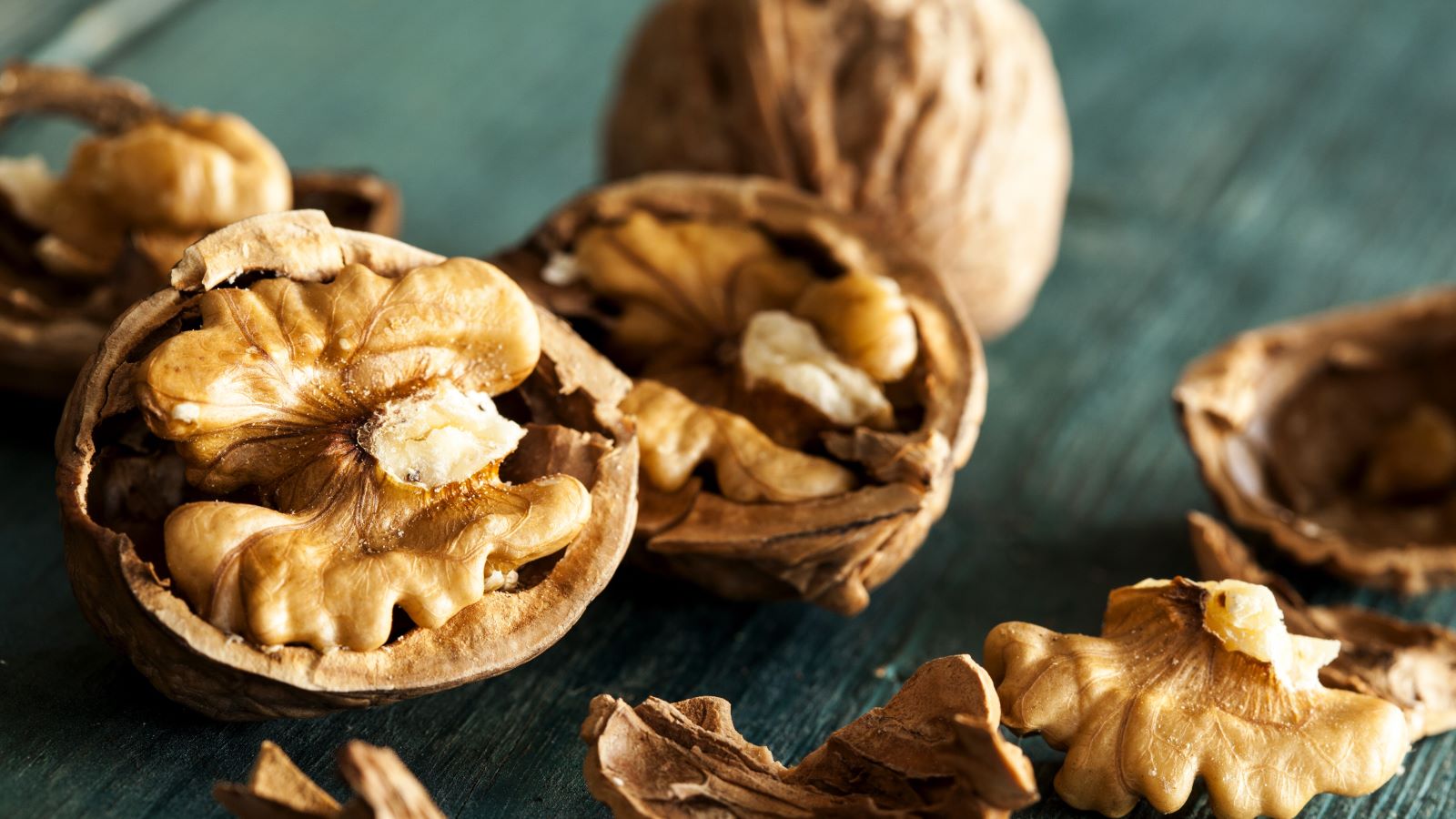<< Back
What to Eat When You’re Stressed

April 24, 2024
When you’re stressed, the last thing you want is another to-do. But you have to eat anyway, and certain foods can make a major difference in mood. So why not start there?
Here’s what to eat when you’re stressed, what to avoid, and why.
What does food have to do with your mental state?
We tend to think of food as physical and stress as mental, but it’s all connected.
One key factor is inflammation. Inflammation in your body — which can be caused or worsened by what you eat — can actually trigger mood shifts like depression and anxiety. Stress itself is considered a chronic inflammatory state.
Fortunately, this relationship also seems to work in reverse.
“Research suggests that foods that reduce inflammation can prevent anxiety and depression and support brain health,” says psychiatrist Carla Schnitzlein, DO, residency clinic director of Hartford Hospital’s Institute of Living.
Here’s what to eat when you’re stressed — and before.
To recap: When you eat to reduce inflammation, you’re also eating to reduce stress. So look for anti-inflammatory foods.
Some great sources:
- Omega-3s: Try fatty fish like salmon, nuts like walnuts and seeds like flaxseed.
- Vitamin D: Again, try fatty fish.
- Magnesium: Look for leafy green vegetables, legumes, nuts, seeds and whole grains.
- B vitamins like B12: B12 is naturally present in a variety of animal products, from fish, meat, poultry and eggs to milk and dairy products.
Connect with the HHC Behavioral Health Network
Start here
The real trick: Eat these foods all the time.
That includes those miraculous moments when stress is far from mind.
“Think of it as eating preventively. It takes time for the things that we eat to affect our moods,” says Dr. Schnitzlein. “Plus, the more we’re in the habit of eating the foods that are good for us before we get stressed, the easier it is to maintain that pattern when the wheels might be falling off.”
> Related: 7 Protein-Packed Foods to Add to Your Diet
Here’s what not to eat when you’re stressed.
Speaking of the wheels falling off.
When you’re stressed, avoid or limit foods linked to inflammation, like:
- Unhealthy fats
- Sugary foods
If your go-to stress food falls into either of these categories, try simply pausing before you reach for it.
“Take a moment to say, ‘Do I need this, or do I want this?’” suggests Dr. Schnitzlein. “It’s OK to want it, but can you have it in moderation so you won’t feel worse later? Instead of getting completely overwhelmed in the moment, that helps you make the best choices possible.”
For big results, think small.
When we make one healthy choice, it often becomes easier to make another. Psychiatrists call this “healthy behavioral activation.”
And it certainly applies to what we eat. Start by adding a few stress-busting foods to your grocery list, and before you know it, you may find yourself taking the stairs instead of the elevator, or actually getting eight hours of quality sleep.
“It’s not just what we eat. It’s how we think about the things that we are eating, which can change the way we operate and interact with the world at large,” says Dr. Schnitzlein. “Sometimes, eating these foods is a small part of the bigger picture of health.”